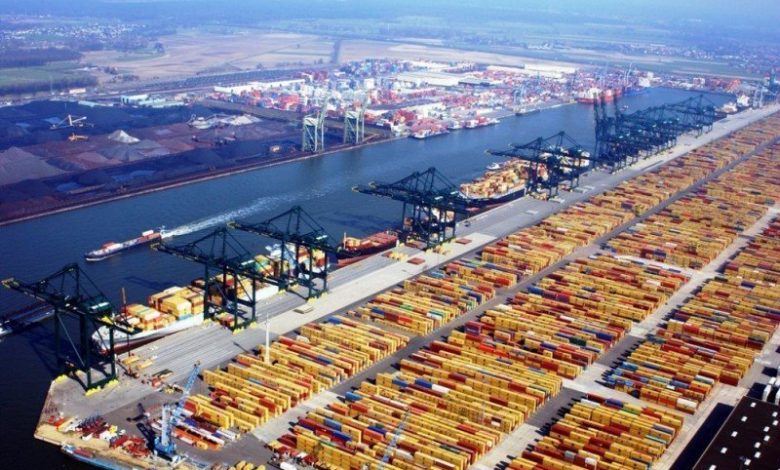Port of Rotterdam calls for carbon tax

The Port of Rotterdam Authority is calling on the Dutch Government to form a coalition with countries in northwest Europe to create a new carbon tax.
The port authority’s CEO Allard Castelein has also this week revealed Europe’s largest port is making EUR5m in incentives available to shipowners and charterers who are willing to experiment with low-carbon or zero-carbon fuels.
Castelein said he hoped that a significantly higher CO2 price will stimulate new investments in clean technologies and innovation. “A price in the range of EUR50-70 per ton of CO2 will stimulate companies to invest in solutions that we really need in order to realise the targets of the Paris Climate Agreement,” he said.
The port boss added that any carbon tax would only work if other countries beyond the Netherlands signed up for it.
“I don’t support a solo approach, such as that of the UK with electricity production. As a transit country, the Netherlands is closely linked to the countries that surround it. A northwest European coalition would guarantee a level playing field for the industry,” he said at an energy summit earlier this week.
The port commissioned the Wuppertal Institute to research its carbon footprint. The study showed that marine and inland transport with Rotterdam as the destination or departure point is responsible for emissions of around 25mtons of CO2 every year. The majority of this amount (21.5m tons) can be attributed to marine transport.
To ensure that this sector also complies with the Paris Climate Agreement, emissions will have to be reduced by 95% by 2050, the port stated in a release. The first half of this target (up to 50%) can be achieved by efficiency measures, but the remainder will require the deployment of different fuels.
According to the Wuppertal Institute, in the coming decades LNG and biofuels can help shape the transition, but the ultimate goal can only be achieved with electrification and hydrogen and the use of synthetic fuels such as methanol.

Will someone please tell the International Chamber of Shipping?